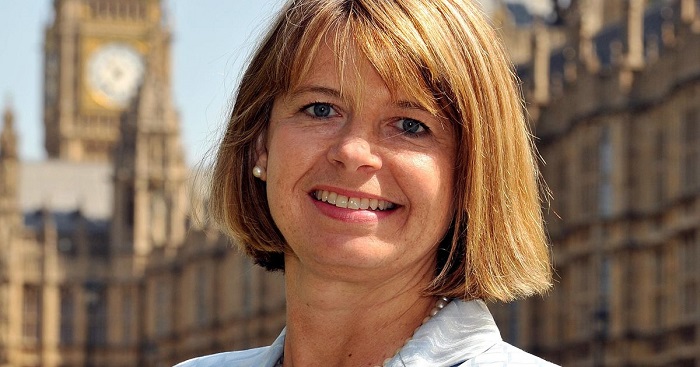Christopher Woolard, Financial Conduct Authority (FCA) Director of Strategy and Competition, announced a regulatory sandbox for fintech companies, a first of its kind. Harriett Baldwin, Economic Secretary to the Treasury, described Bitcoin and Ethereum as “digital currencies” and proclaimed the start of a “beautiful friendship”.
Both have been speakers at Innovate Finance Global Summit in London. As Christopher Woolard said in a groundbreaking speech, the aim of the sandbox is to “test out their innovative ideas without immediately incurring all the normal regulatory consequences.”
FCA may waive rules
Companies and start-ups that participate in the sandbox will be issued individual guidance on how FCA will interpret the rules under the understanding that if the guidance is followed they are in full compliance. The FCA may further waive or modify the rules or, in rare cases, may issue a “no enforcement action”, in effect throwing out FCA’s rulebook during the sandbox stage. Normal laws in regards to civil and criminal liability, of course, still apply. In explaining, Woolard stated:
“These letters aim to give firms comfort that as long as they deal with us openly, keep to the agreed testing parameters and treat customers fairly, we accept that unexpected issues may arise and will not take disciplinary action.”
Similar to accelerators
Signalling a highly innovative and open approach, Woolard stated that the sandbox will run “not dissimilar to how accelerators operate”, with two cohorts a year. Moreover, the FCA intends to go further, announcing an “industry working group to explore options for industry led sandboxes.”
In a further speech at the same summit, Harriett Baldwin, Economic Secretary to the Treasury, indicated UK’s openness and welcoming of fintech innovation not only by announcing new measures, but also by the words she chose. Describing currencies such as Bitcoin and Ethereum as “digital currencies”, Baldwin assured attendees that this was just the start of a “beautiful friendship”.
Announcing an industry-led fintech panel, the addition of “digital experts” criteria to the Visa Scheme, an information hub to facilitate “practical and cost-effective” access to professional services and “fintech bridges” to help UK businesses expand internationally, building on a first of its kind agreement with the Australian counterpart to streamline regulatory access to each other’s market, Baldwin went further.

More measures to come
“We will be announcing other ways we can help you help UK consumers.” - she stated.
Thus, expect even more measures in what seems to be a complete embrace of fintech, including digital currencies like Bitcoin and Ethereum, and not only a partnership, but a “beautiful friendship”.
The United Kingdom is widely recognized as the most welcoming regulatory environment for Fintech companies.
George Osborn, the Chancellor of the Exchequer, signaled UK’s embrace of Bitcoin and Fintech in 2014 by buying a bitcoin through an ATM, making him the highest ranking government official in the world to have publicly used bitcoin.
At the time, a number of measures were announced, including the incorporation of a Payment
Systems Regulator tasked with ensuring, among other things, access to banking facilities.
The decision to not only embrace, but champion fintech, may turn out to be one of the most astute in a century.
US overhaul ahead
US Regulators have noticed and many are now loudly calling for an overhaul of the complex and outdated US regulations to account for 21stcentury innovations, including a scrapping of the draconian double taxation by IRS and the disastrous bitlicense.
Beginning with CFTC’s commissioner who stated that blockchain tech could have prevented Lehman’s collapse, more and more have asked for a more welcoming regulatory environment, seemingly culminating in a whitepaper asking for recommendations by the Office of the Comptroller of the Currency (OCC), the independent department charged with overseeing banks and hailed by some as the appropriate body to usher in a new, more welcoming, regulatory approach towards Fintech.
The United States however has a more complex regulatory environment with numerous regulatory bodies and overlapping responsibilities as well as different states with different requirements. It is not clear whether US regulators will be able to move quickly, considering that UK has just upped a gear, but, undoubtedly, the whole world is paying great attention to UK's numerousinnovative measures and their championing of Fintech.
